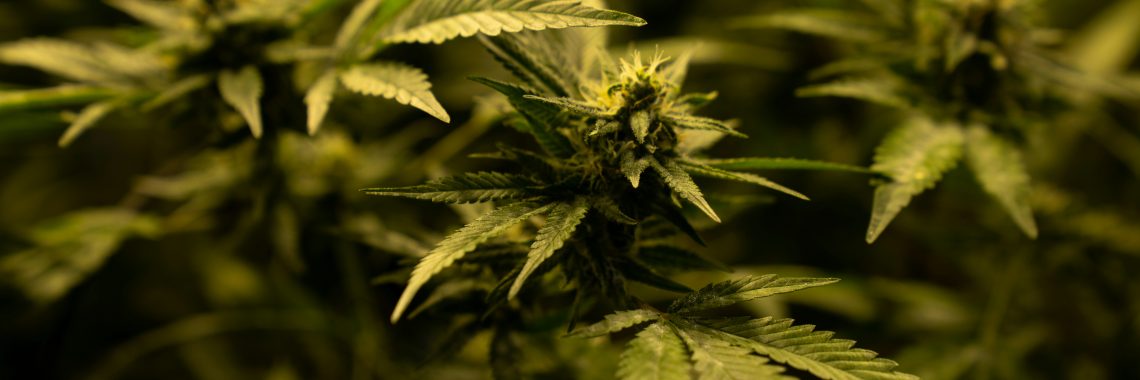Study Finds Spike in Teen THC Use
A recent study from the University of Michigan found flavored marijuana vaping has become the most common form on marijuana use among teenagers.
Researchers found a sharp spike in marijuana vaping since 2021, writing, “Among eighth graders who vaped marijuana, the percentage using flavored solutions jumped from 47% in 2021 to 63% in 2024. The trend was similar for older students, with use climbing from 41% to 53% for 10th graders and from 36% to 50% for 12th graders.”
A similar study last year found an alarming number of high schoolers use Delta-8 THC.
A growing body of research shows that THC and marijuana are harmful regardless of whether they are vaped, smoked, or eaten.
Public health reports across America have shown these drugs have sent kids to the emergency room and prompted parents to call poison control centers.
Marijuana has been tied to a number of deadly heart problems — including heart attack, heart failure, and stroke. In fact, researchers now say marijuana use doubles a person’s risk of death from heart disease.
Marijuana use has been tied to increased risk for diabetes.
Experts also have found heavy marijuana use is strongly linked to a 325% increased risk of oral cancer.
And marijuana use during pregnancy has been shown time and time again to hurt unborn children and newborns.
In Arkansas, marijuana industry insiders worked unsuccessfully to expand marijuana via the state’s ballot initiative process in 2022 and 2024. Fortunately, neither of those bad measures passed.
All of this underscores what we have said for years: Marijuana may be many things, but “harmless” simply is not one of them.
Articles appearing on this website are written with the aid of Family Council’s researchers and writers.





